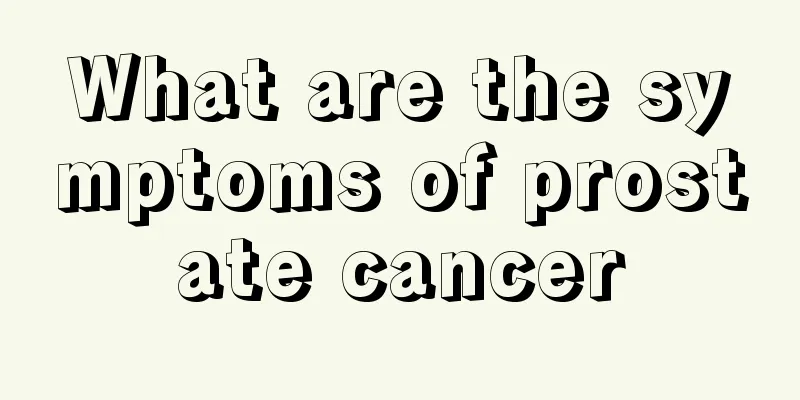What's going on with chest tightness and pain?

|
If you have chest tightness and pain, you should pay attention to the cause. For example, common chest wall diseases, or bronchial, lung and pleural diseases can cause chest tightness and pain. But the most important thing is to go to the hospital for a more comprehensive examination. 1) Chest wall disease It is mainly caused by lesions of the chest wall muscles, ribs or intercostal nerves. The main feature is that the pain is often fixed at the site of the lesion, and there are many obvious tender points locally. like: 1. Intercostal neuralgia, with a tingling sensation along the intercostal nerves, which worsens with coughing and breathing. 2. Chest pain caused by rib fracture, with obvious history of injury or long-term severe coughing, obvious tenderness in the painful area, which is more obvious when squeezed. 3. Chest pain caused by herpes zoster in the chest and abdomen may cause blisters to appear locally, and the pain is generally not related to coughing or breathing. 2) Diseases of the trachea, bronchus, lungs and pleura The main feature is that the pain is often related to breathing and coughing. like: 1. The chest pain of spontaneous pneumothorax occurs suddenly, accompanied by difficulty breathing, coughing, shortness of breath, and even serious conditions such as cyanosis and shock. 2. In pleurisy, the pain is stabbing, and is most noticeable in the ribs where the chest expands the most. 3. The chest pain of trachea and bronchitis is significantly aggravated when coughing and breathing, and is accompanied by a burning sensation in the chest. 4. In lung diseases such as pulmonary infarction, the pain is mostly localized in the affected area and may feel like a knife cutting. It will get worse with breathing, coughing, or movement. 3) Circulatory system diseases Common diseases include coronary heart disease, pericarditis, etc. 1. The characteristics of angina pectoris attack are strangulation, pressure or fear in the left anterior chest or behind the sternum. The attack usually lasts about 30 seconds and can be relieved by taking coronary vasodilators. 2. In addition to the above symptoms, chest pain caused by myocardial infarction can also radiate to the left shoulder, inner side of the left arm, and sometimes to the chin, neck, and even upper abdomen. The pain is tight and severe, lasting for more than 30 minutes. Taking coronary vasodilation drugs has no significant effect. At the same time, symptoms such as arrhythmia may occur. 3. Pericarditis. The pain is sometimes very similar to myocardial infarction, but it is aggravated by coughing, breathing, changes in body position, and lying on the left side. The pain also lasts for a long time and cannot be relieved by coronary vasodilators. |
<<: What is the cause of cutaneous amyloidosis
Recommend
Can washing your face with vinegar remove acne marks?
In life, many people are troubled by acne problem...
What are the harms of fibroids to the body
Fibroid is a common disease in daily life. Howeve...
Ovarian cancer may also cause menstrual changes
Ovarian cancer may also cause menstrual changes. ...
How to treat herpes coronary artery? You should relieve this!
Coronary herpes is a common type of genital herpe...
The correct way to breathe while jogging
In life, many people often exercise by running, b...
Benefits of brushing your teeth with your left hand
People usually use their right hand to brush thei...
What to do if you are scalded by hot water
In daily life, we may get scalded by hot water du...
How to protect the health of lumbar spine
The lumbar spine is a very fragile area. If you d...
Is my mother-in-law's uterine cancer contagious?
Is uterine cancer contagious? Experts say that ca...
Is the pain in the lung point on the back caused by lung cancer?
Is the pain in the lung point on the back caused ...
My hands are too dry and rough. What should I apply?
Although spring is the season when flowers bloom,...
Is biological therapy effective for advanced lung cancer?
Usually, in patients with advanced lung cancer, t...
What are the reasons why bladder cancer is prone to recurrence
When it comes to bladder cancer, I believe everyo...
Early symptoms of tongue cancer in women
The early symptoms of tongue cancer in women are ...
Can I get an oxytocin injection at 41 weeks?
As we all know, a woman's pregnancy lasts ten...









